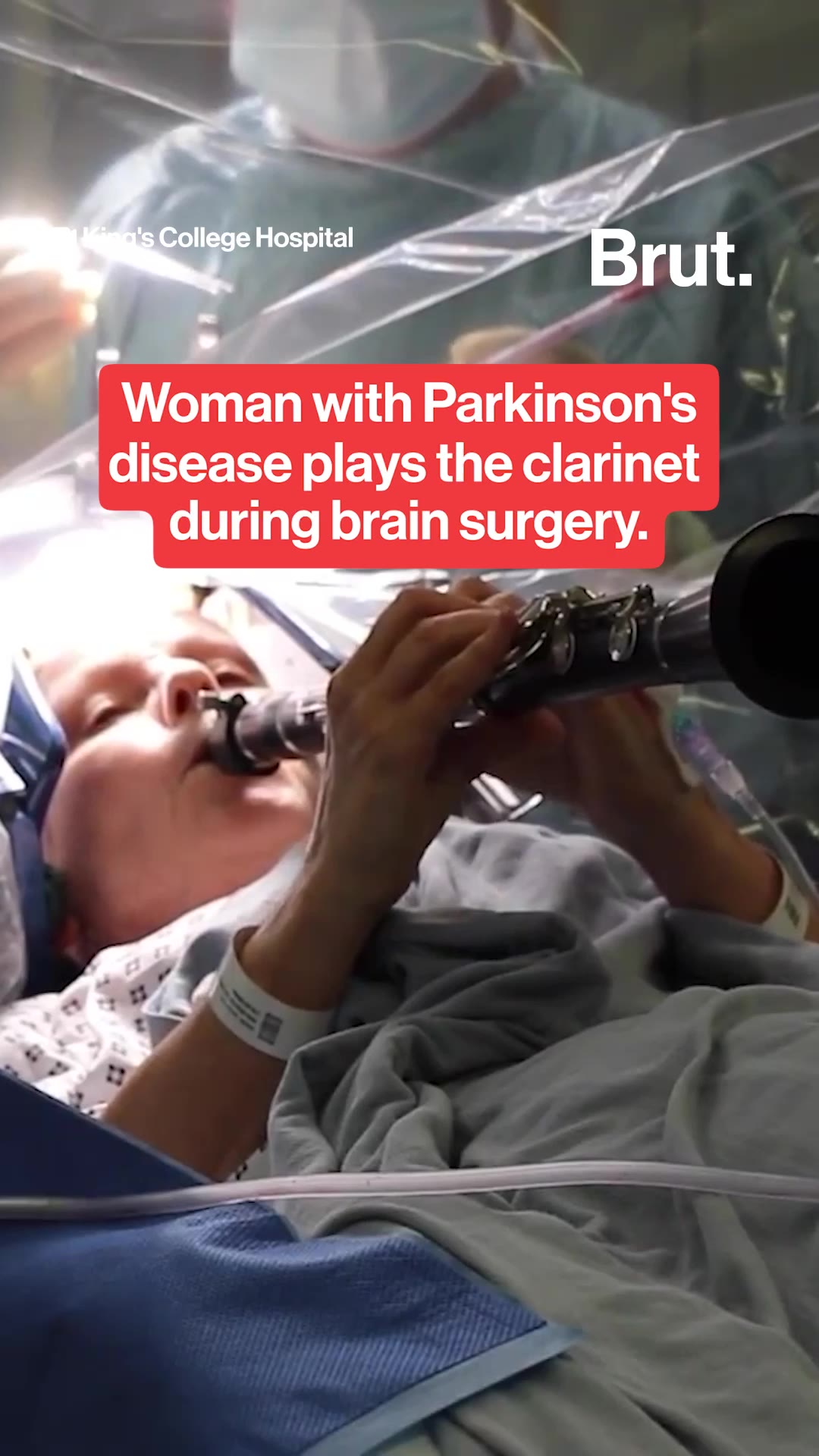Why inclusive design should be the norm
Disabled by design
Christina Mallon had to rethink her whole life when her arms became paralyzed 8 years ago. Today, she’s an inclusive designer, and she shares her hacks to make the world a more accessible place. At 22, just after graduating college, Christina Mallon started to lose feeling in her hands and arms. As she began to adjust her condition, she decided to dedicate her career to inclusive design. She says that brands that ignore the disabled community miss out on major opportunities. As she planned her wedding, she continued to encounter many hurdles faced by people with disabilities.
One in five people globally have a permanent disability, and they have money
“If you're on social media and you see an ad that was someone with a disability and you feel like it represents the community, right: like it, share it, comment it, because that engagement brings it to more people. And that's a really small thing. I think buying from brands that support people with disabilities is very important. And then if you work in a creator role, making sure that people with disabilities are represented in the ads that you create. The hardest part for me, becoming disabled was not that I couldn't physically do something,” Christina Mallon tells Brut.
She says that with small acts, it's possible to represent and support the disabled community
“It was the preconceived notions that people had about disability. And I know that they do mean to be mean. It's that media and brands aren't showing people disabilities, and when they do, they show them in a very sad way. But I love my life. I wouldn't change it for the world. And I want that to be reflected, because media and culture influences how people think. And we have the power now and the voices now to tell everyone that they need to start thinking this way.”
Brut.
Why inclusive design should be the norm
Disabled by design
Christina Mallon had to rethink her whole life when her arms became paralyzed 8 years ago. Today, she’s an inclusive designer, and she shares her hacks to make the world a more accessible place. At 22, just after graduating college, Christina Mallon started to lose feeling in her hands and arms. As she began to adjust her condition, she decided to dedicate her career to inclusive design. She says that brands that ignore the disabled community miss out on major opportunities. As she planned her wedding, she continued to encounter many hurdles faced by people with disabilities.
One in five people globally have a permanent disability, and they have money
“If you're on social media and you see an ad that was someone with a disability and you feel like it represents the community, right: like it, share it, comment it, because that engagement brings it to more people. And that's a really small thing. I think buying from brands that support people with disabilities is very important. And then if you work in a creator role, making sure that people with disabilities are represented in the ads that you create. The hardest part for me, becoming disabled was not that I couldn't physically do something,” Christina Mallon tells Brut.
She says that with small acts, it's possible to represent and support the disabled community
“It was the preconceived notions that people had about disability. And I know that they do mean to be mean. It's that media and brands aren't showing people disabilities, and when they do, they show them in a very sad way. But I love my life. I wouldn't change it for the world. And I want that to be reflected, because media and culture influences how people think. And we have the power now and the voices now to tell everyone that they need to start thinking this way.”
Brut.













